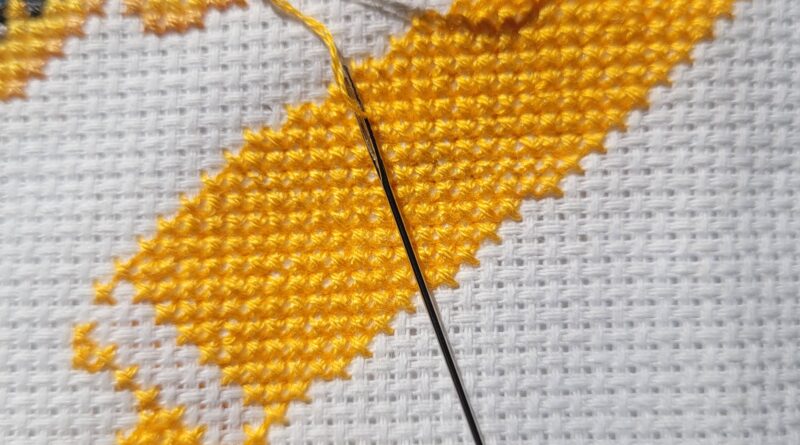Shinshō Boudai (針小棒大 – Making Mountains out of Molehills)
Yesterday, I introduced the Japanese idiom, “ohire wo tsukeru” (尾ひれを付ける), which menas to embellish or exaggerate a story using something that’s not true.
針小棒大
Today I would like to talk about the Japanese four-character idiom, “shinshō boudai” (針小棒大), which has the similar meaning of “ohire wo tsukeru.”
昨日は、話を大げさに言うという意味の「尾ひれを付ける」という慣用句を紹介しました。
The “shin” (針) means “needle,” the “shō” (小) means “small,” the “bou” (棒) means “stick,” and the “dai” (大) means “big.”
今日は、同じ意味を持つ四字熟語「針小棒大」を紹介します。
Therefore, this idiom means to talk about or express a small needle as if it would be a big stick.
「針」は “needle,” 「小」は “small,” 「棒」は “stick,” 「大」は “big” を意味します。
すなわち、この熟語は「小さな針を大きな棒のように言う」ということを表しています。
すなわち、この熟語は「小さな針を大きな棒のように言う」ということを表しています。
The usage example is: “Hanashi wo shinshō boudai ni iu” (話を針小棒大に言う – I talk about a story like shinshō boudai).
「話を針小棒大に言う」のように使います。




